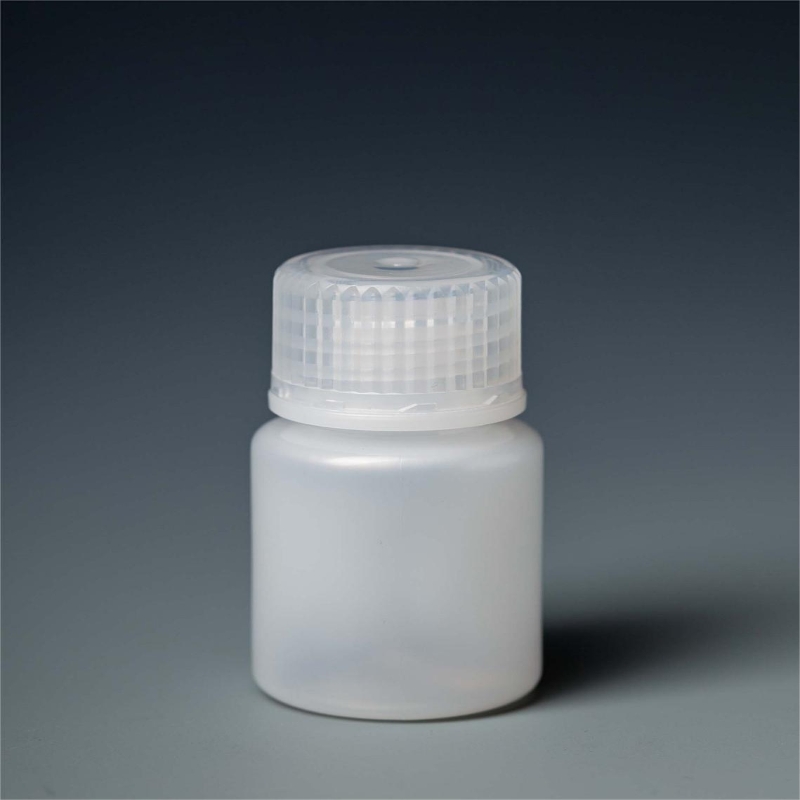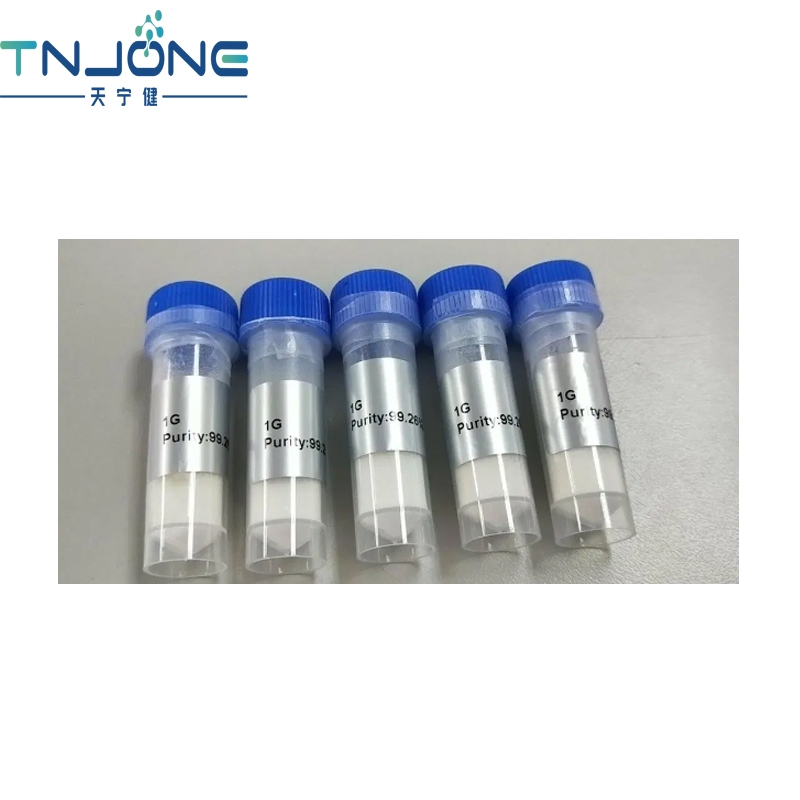-
Categories
-
Pharmaceutical Intermediates
-
Active Pharmaceutical Ingredients
-
Food Additives
- Industrial Coatings
- Agrochemicals
- Dyes and Pigments
- Surfactant
- Flavors and Fragrances
- Chemical Reagents
- Catalyst and Auxiliary
- Natural Products
- Inorganic Chemistry
-
Organic Chemistry
-
Biochemical Engineering
- Analytical Chemistry
-
Cosmetic Ingredient
- Water Treatment Chemical
-
Pharmaceutical Intermediates
Promotion
ECHEMI Mall
Wholesale
Weekly Price
Exhibition
News
-
Trade Service
*For medical professionals only
Patients with RA who have high disease activity and do not respond well to multiple drug treatments do you know how to manage such RA?
Rheumatoid arthritis (RA) is characterized by polyarticular persistent synovitis, which, if not treated promptly or adequately, can lead to joint structural destruction, loss of function, and eventual disability [1].
In clinical practice, due to the large heterogeneity of RA patients and the uneven economic development among various regions in China, the selection of appropriate and achievable treatment goals, that is, individualized treatment, for RA patients is the primary task after the diagnosis of the disease [1]
.
What are the treatment options for RA patients when traditional treatment drugs are not effective? The 2019 European Union Against Rheumatology (EULAR) guidelines state that bDMARD or tsDMARD should be added if the first csDMARD treatment is not up to standard and there are adverse prognostic factors [2].
At present, bDMARDs used for RA treatment mainly include tocilizumab, adalimumab, etc.
; tsDMARDs mainly include small molecule JAK inhibitors tofacitinib, baricitinib, etc
.
In recent years, a variety of innovative drugs have been approved in the clinic, providing a new option
for the follow-up treatment of RA patients with poor response to a variety of traditional drug treatments.
Professor Huang Wenhui from the Second Affiliated Hospital of Guangzhou Medical University shared his follow-up treatment decision-making ideas and diagnosis and treatment experience with readers through a case of RA with poor response to biologics.
The patient was diagnosed with RA due to multi-joint swelling and pain many years ago, and has not achieved good disease relief after treatment with a variety of csDMARDs and TNF-α inhibitors, how should the follow-up treatment plan for such patients be formulated?
for this case.
References:[1] Shi Lianjie, et al.
Chinese Journal of Rheumatology, 2020, 24(6): 361-363 [2] Smolen JS,et al.
Ann Rheum Dis.
2020 Jun; 79(6):685-699.
PP-BA-CN-2049
This article is intended solely to provide scientific information to healthcare professionals and does not represent the position of
the Platform.







